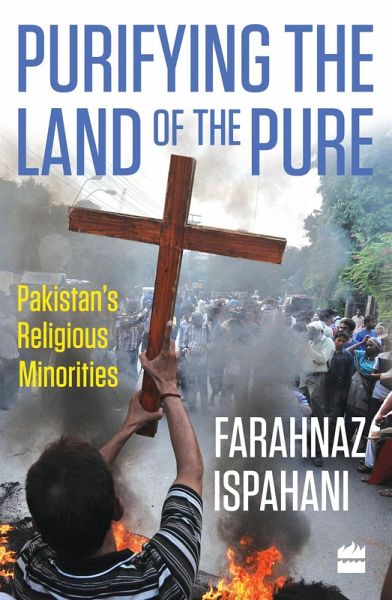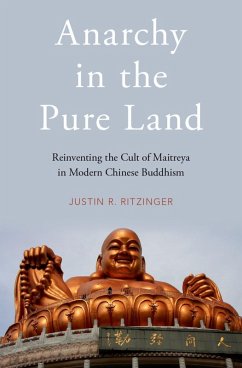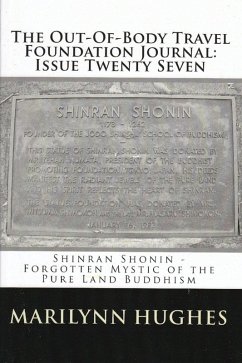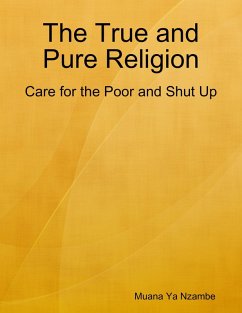
Purifying the Land of the Pure (eBook, ePUB)
Pakistan's Religious Minorities

PAYBACK Punkte
0 °P sammeln!
Pakistan was carved out in 1947 to protect the subcontinent's largest religious minority. But soon after Independence, political, religious and social leaders proclaimed it an Islamic State.Purifying the Land of the Pure is an analysis of the country's policies towards its religious minority populations, as well as an attempt to set the record straight about why Pakistan was created and where it moved away from Jinnah's modern pluralist vision to that of a purely Sunni Islamic nation. Farahnaz Ispahani brings to the subject an uncommon combination: the rigour of a scholar and the ground-level ...
Pakistan was carved out in 1947 to protect the subcontinent's largest religious minority. But soon after Independence, political, religious and social leaders proclaimed it an Islamic State.Purifying the Land of the Pure is an analysis of the country's policies towards its religious minority populations, as well as an attempt to set the record straight about why Pakistan was created and where it moved away from Jinnah's modern pluralist vision to that of a purely Sunni Islamic nation. Farahnaz Ispahani brings to the subject an uncommon combination: the rigour of a scholar and the ground-level experience of a parliamentarian. A crucial addition to the literature on Pakistan.
Dieser Download kann aus rechtlichen Gründen nur mit Rechnungsadresse in A, D, L ausgeliefert werden.













